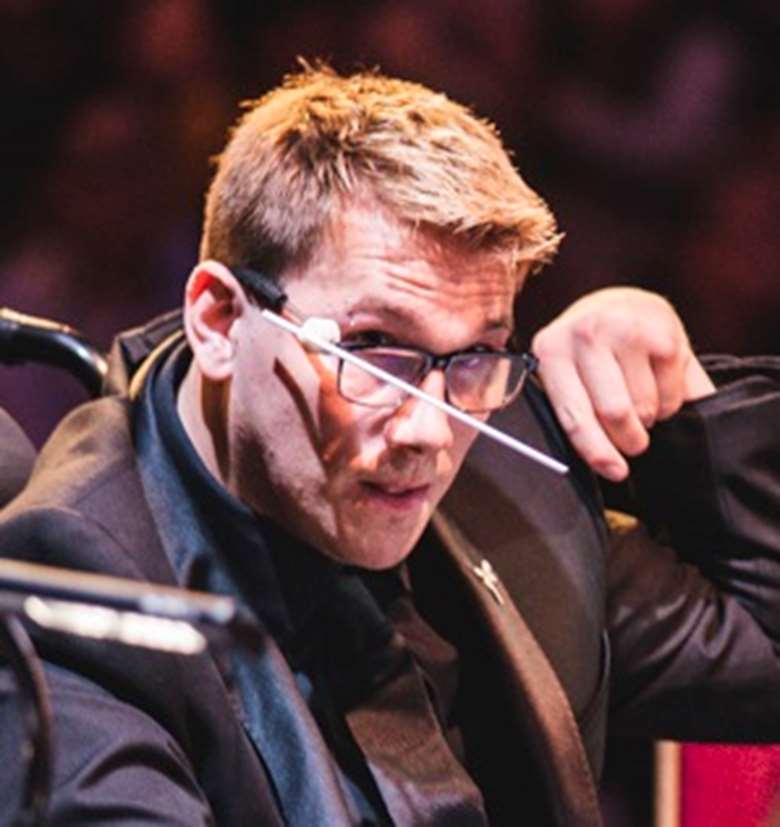James Rose: A Classical Music Change Maker
Toby Deller
Friday, October 30, 2020
James Rose, conductor of BSO Resound, explains why disability should never be seen as a bar to great music-making

BBC Kirsten Mcternan

Register now to continue reading
Don’t miss out on our dedicated coverage of the classical music world. Register today to enjoy the following benefits:
- Unlimited access to news pages
- Free weekly email newsletter
- Free access to two subscriber-only articles per month
